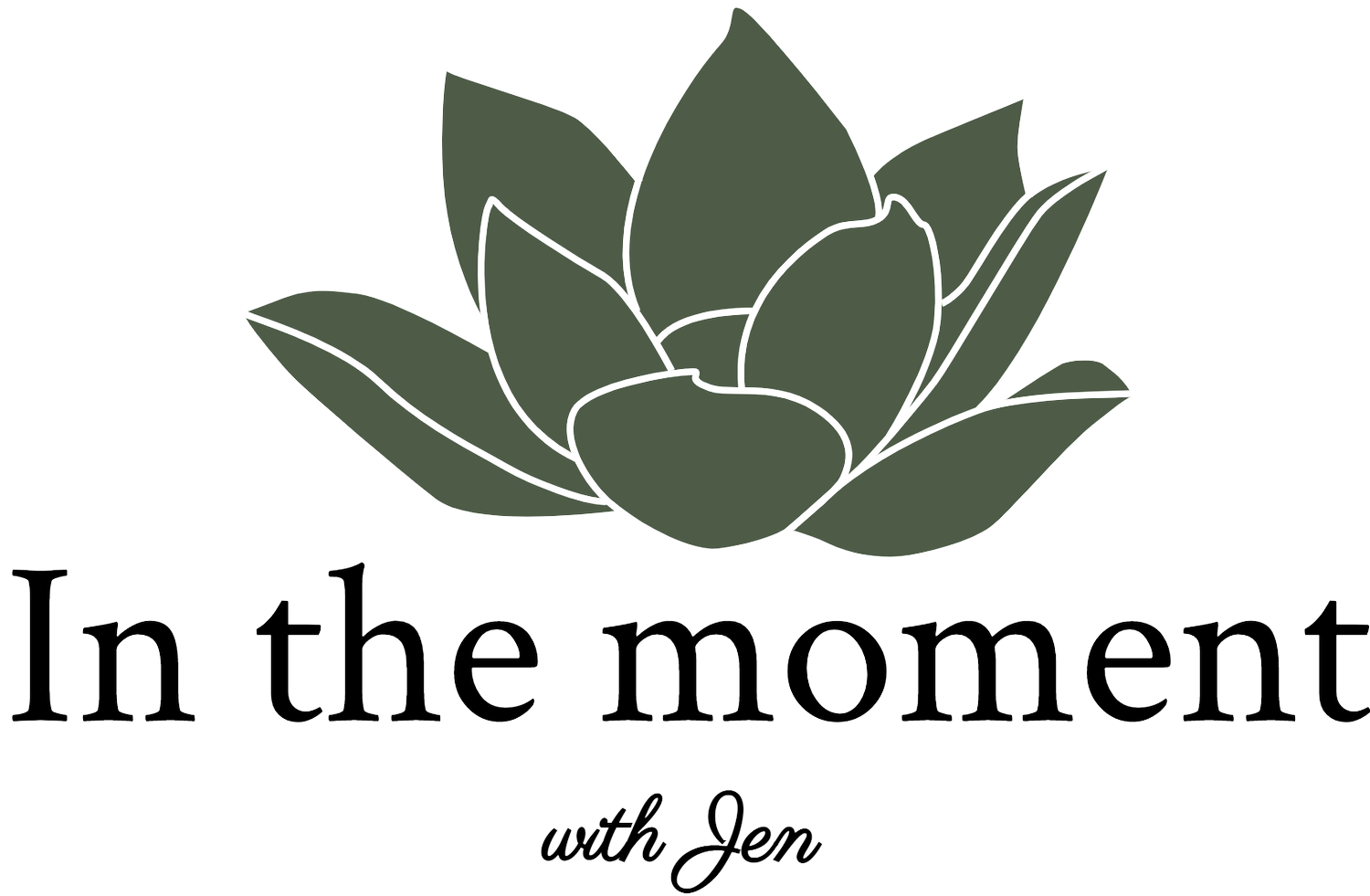Sleeping like a baby?!
In my last blog post I shared a little about how I work with what’s called prana (life force), mainly as it relates to our breathing. When I work with folks through Yoga Therapy, we also focus on how our patterns around sleep and rest can influence our nervous system states and overall health & wellbeing. Since many of us have issues with feeling relaxed or getting a good night’s sleep, I thought it could be worthwhile to explore sleep and rest a little more closely-and with so much research coming out about how our sleep is related to our mental health AND our physical health (particularly when it comes to persistent pain), the timing feels right.
Rest, Sleep, and Our Bodies
Our bodies are amazing. They are constantly working and adjusting to keep us supported in all that needs to be done to keep functioning optimally. When we are stressed (or have the tendency to spend a lot of our waking time in sympathetic, upregulated states of our nervous system hyper arousal) we need periods of recovery or rest to be able come to a more relaxed (ventral vagal) states to properly digest our food, and for our organs to be able to return to a more balanced, homeostatic nervous system states.
For myself becoming a parent, while having a history of sexual and birth trauma, perfectly primed my nervous system for dysregulation, which often comes with challenges in finding consistent sleep cycles and the ability to shift into more restful states. So I’ve had much practice these last 14 years of being a parent with sleep issues in working with my mind, body and environment to encourage restorative daily and nightly rhythms.
What I’ve noticed in myself and with the clients I work with, is that so many of us we go from high states of activation or arousal (think busy stress similar to feelings of anxiety) and then “crash” or “collapse” to really low states of arousal or activation. Ever feel like you’re in go-go-go-mode all day, rushing from one thing or another, and then at some point in the afternoon or early evening you feel like you’ve “hit a wall” and need either some coffee, tea or chocolate just to make it to bedtime? Or maybe you find it hard to shift to more relaxed states in the evening-like you’re too “wired” to fall or stay asleep easily (without support from substances like alcohol or cannabis).
Burnout Is Real
Burnout is also very real, especially these days where we can feel pulled in so many directions with work, our family, along with our online and in person communities. Even going to the grocery store requires more effort and energy these days!
A great place to begin is to ask yourself for your own self assessment or reflection:
Do you feel well rested when you wake up in the morning?
Does your energy sustain you throughout the day(with or without coffee)?
How are you digesting your food? (if you’re not digesting food well, it could be an indication that your nervous system isn’t shifting efficiently into “rest & digest” or ventral vagal states
How does a day unfold with regards to your persistent pain or emotional/mental capacities after a good night’s sleep compared to when you haven’t been slept well?
I certainly won’t be the one to tell you to stop drinking coffee (essential part of my morning ritual in greeting the new day) but some folks find that having other options to sustain their energy and concentration can be supportive to their overall wellbeing and energy levels. Like if I have too much caffeine, it can increase anxious physical sensations and thought patterns, as well I’ve noticed my energy tends to crash more easily and dramatically during the day.
HOW TO PREVENT BURNOUT
Some nourishing practices or areas that you could begin some new embodied patterns to encourage your capacities for rest (with cascading benefits in your capacities for mental and emotional self regulation) are:
getting some outdoor activity during the morning (helps rebalance your circadian rhythms and also worth checking out Ayurveda’s practice of Dinacharya)
bringing back the nap! (or finding short periods of rest or relaxing physical activity throughout the day)
connecting to what I’m calling 3 Diaphragm breathing to encourage physiological cues of restfulness
if you do have persistent pain, taking breaks through the day to practice calming your possibly hypersensitized nervous system
if you menstruate being mindful of your monthly hormonal cycle (we have different phases throughout our cycle that can impact our energy and overall vitality)
have specific places in your work space or at home designated for resting
try a “tech” shutdown time at night, or make other environmental adjustments (dimming the lights, self massage, reading before bed, etc) to encourage your body’s natural rhythms in decreasing arousal (awakeness)-yup like a good ole fashioned bed time routine.
If you are feeling like you could use some support expanding your capacities for rest and sleep, Yoga Therapy could be great option. I would also love to hear what works for you and your own sleeping or resting patterns of wellbeing!
